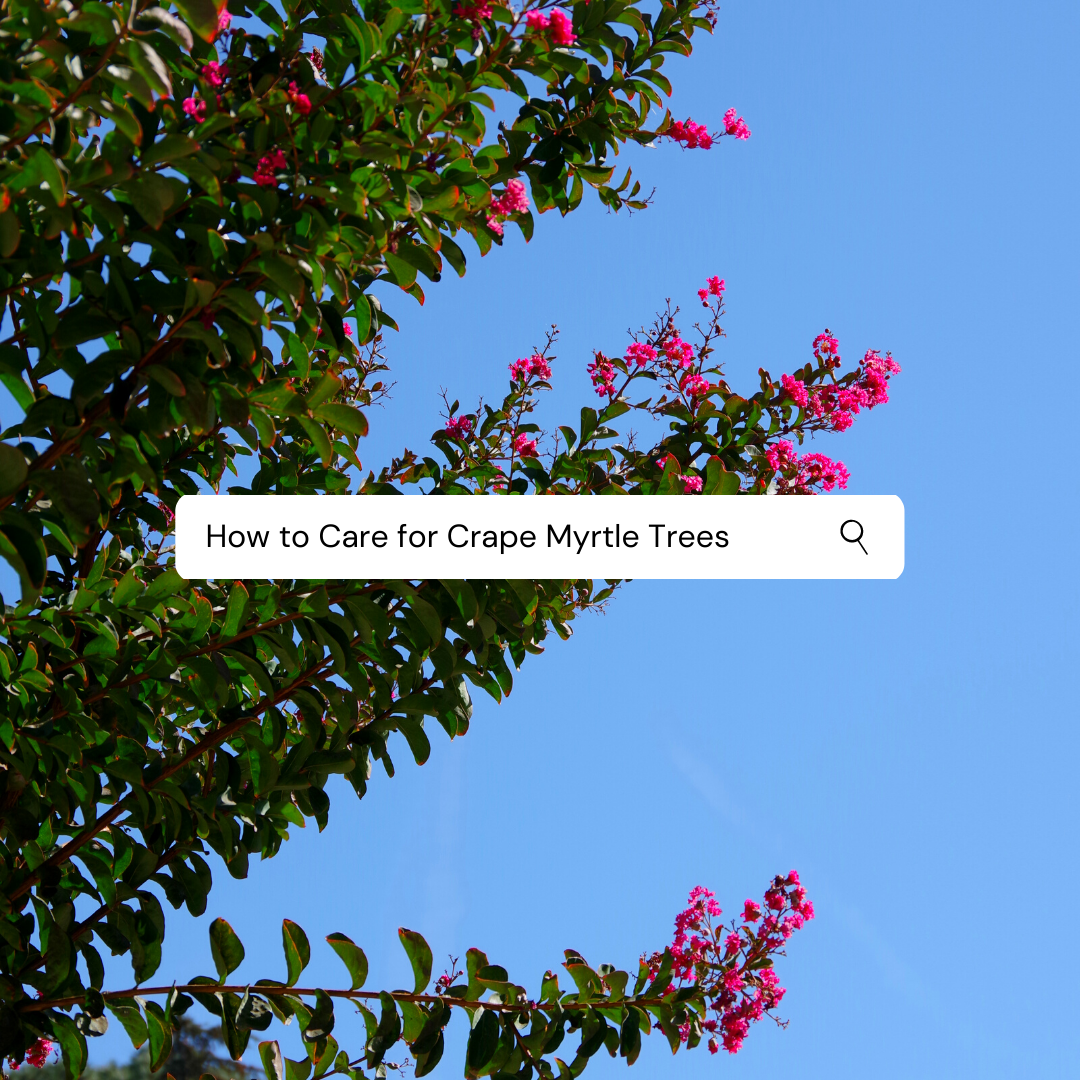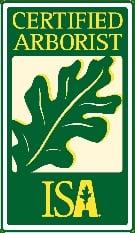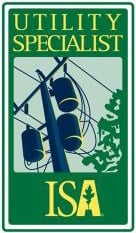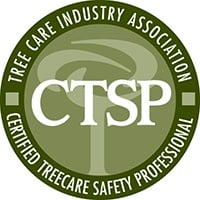What is Emerald Ash Borer? The purpose of this article is to inform the public of an invasive pest currently attacking ash trees in North Carolina – Emerald Ash Borer. EAB is a serious threat that is currently devastating the ash populations within this state.
NEWS & BLOGS
Stay In The Know! Facts on Emerald Ash Borer
Carolina Tree Care Launches New Website
Concord, NC—Carolina Tree Care (CTC), a leading provider of residential and commercial tree care services throughout the Carolinas, announced today the launch of its new website, www.carolinatree.com. The website includes a fresh design, easy-to-navigate functionality and enhanced content—all of which provide visitors with an improved experience for exploring Carolina Tree Care’s premier service offerings.
Are You Committing Crape Murder?
Crape myrtle trees are a beautiful and very common tree in Charlotte, NC that are also known for the pruning that is required to maintain their beauty. Crape myrtle trees are known to easily split if not pruned properly. The overall goal of pruning the crape myrtles is to shape the overall look of the tree, produce strong branches and showcase the smooth multi-toned bark.
However, many individuals commit “crape murder” sometimes without even knowing they’re doing so. Cutting the branches back to thin stubs becomes detrimental to the health of the tree.
It’s Time to Band Your Trees from Cankerworms
The fall cankerworm is native to North America and Charlotte, NC is known to have severe cankerworm infestations. The cankerworm has a four-stage life: egg, pupa, larva, and adult; after mating in December, the female moths crawl up trees to lay eggs on twigs and small branches. As leaves come out in the spring the eggs hatch leaving some caterpillars to feed on the leaves. Cankerworms on their own typically do not kill trees; however, repeated defoliation weakens trees leaving them susceptible to other stresses.
The Tree Bugs That are Thinning Out Your Canopy: Defoliators
Updated: June 2, 2021
Is your tree canopy looking a bit sparse? The culprit may be defoliators, tree bugs that love to eat the leaves and needles of trees. Some like to feast in the early season (early spring to summer), while others will satisfy their appetites in the late season (late summer to fall). By the end of this post, you'll know the difference between the two and your treatment options.
Is Too Much Rain A Bad Thing for Tree Roots?
Charlotte, NC, has seen a fair share of rainfall these last few months. Has all this rain done more harm than good? The answer may be, yes. Too much rain may be hurting your plants and trees root systems. The main reason rain can be harmful is due to the fact that excessive rain deprives roots of the oxygen needed for survival, and a lack of oxygen in the soil doesn’t allow water or soil nutrients the opportunity to be absorbed.
Join Us In Pittsburgh for TCIA EXPO!
When I began my career with Carolina Tree Care 25 years ago, I started as a ground man and worked my way up to climber, foreman, area manager, general manager, and eventually president. Today I’m writing to you as the Chair of the TCIA Board of Directors.
Bagworms
Have you been dealing with bagworms infestation all summer. Bagworm infestations can leave an unsightly look to your trees and cause maybe defoliation if left untreated.









